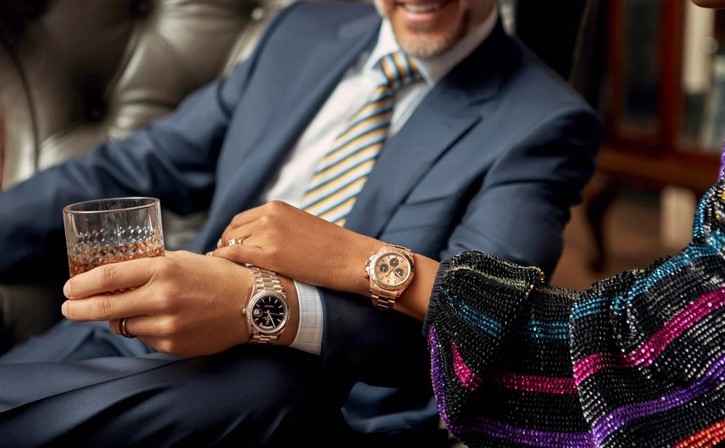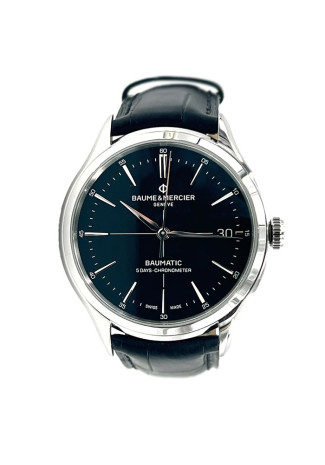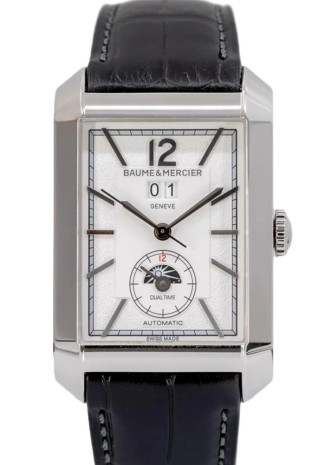Smartwatches have revolutionized the luxury watch industry, blurring the lines between traditional timepieces and cutting-edge technology. From enhanced connectivity and fitness tracking to customizable watch faces, these compact devices have reshaped the very concept of luxury watches.
In my humble opinion (and I could be wrong), smartwatches haven't significantly impacted the demand for luxury watches. Allow me to elaborate. The allure of luxury watches lies not just in their timekeeping functionality but in the symbolism and status they represent. While smartwatches offer additional features, those who appreciate the essence of luxury watches are unlikely to trade them in for a Fitbit or similar devices. Instead, it is the brands offering fashion watches, digital watches, and inexpensive quartz watches that may feel the heat from the rise of smartwatches.
When it comes to luxury watches, it's essential to understand that they are more than mere timekeeping tools. They embody heritage, craftsmanship, and exclusivity. Luxury watch connoisseurs seek timepieces that tell a story and evoke emotions, representing a sense of prestige and accomplishment. The mechanical intricacies, exquisite materials, and attention to detail make luxury watches true works of art, deserving a place on the wrists of discerning individuals.

While smartwatches offer a range of features like fitness tracking, notifications, and connectivity, they cannot replicate the aura of luxury watches. Those who appreciate the beauty of a finely crafted mechanical movement or the elegance of a luxurious design are unlikely to abandon their cherished timepieces for a device primarily designed for utility. Smartwatches may provide convenience and practicality, but they lack the intangible qualities that make luxury watches so captivating.
It is the brands catering to the fashion watch, digital watch, and inexpensive quartz watch market segments that are more susceptible to the impact of smartwatches. These sectors have traditionally relied on affordability, trendy designs, and technology-driven features. With the rise of smartwatches, consumers seeking such functionalities may opt for a device that offers both technology and style, potentially disrupting these segments.
In conclusion, while smartwatches have undeniably made their mark on the watch industry, luxury watches have remained resilient in the face of this technological wave. The allure, symbolism, and craftsmanship associated with luxury timepieces continue to captivate the hearts of watch enthusiasts who value the intangible qualities that smartwatches cannot replicate. It is the brands catering to the more affordable and tech-oriented market segments that should brace themselves for the evolving landscape shaped by smartwatches.






